What is Net Zero by 2050?
Net Zero by 2050 is a global pledge to bring greenhouse gas emissions to net zero by the year 2050. But what does this really mean, and why is it urgent? In this article, we break down the concept of Net Zero, the global challenges, and the simple yet powerful actions each of us can take.―
A Burned Billboard with a Message
―In the heart of Manchester, United Kingdom, pedestrians were startled by a scorched billboard.Beneath the image of serene nature and wildlife, bold letters asked:“The planet is perfect. But for how long?”This shocking display was not a vandal’s act—it was part of a climate awareness campaign by BBC Creative for their documentary, A Perfect Planet. The billboard, intentionally charred with synthetic smoke rising around it, aimed to highlight the devastating impact of global warming.Through hashtags like #PerfectPlanet, the message went viral—serving as yet another urgent call to action.―
Why Does Net Zero Matter?
―Net Zero means balancing the amount of greenhouse gases emitted with the amount removed from the atmosphere. The goal is to keep global temperature rise below 1.5°C.Think of Earth as a room. Living in that room naturally causes some messiness. To keep it livable, we clean regularly. Net zero works the same: if we emit carbon, we must also clean it up.According to the IPCC, to avoid catastrophic climate change, global emissions must be reduced by more than 40% by 2030 (compared to 2018 levels) and reach net zero by 2050.Want to learn more about Net Zero?↓↓↓Net Zero: The Only Way Earth Can Survive―
Carbon Emissions Status in 2025
―Achieving net zero is no easy task. One major hurdle: we still heavily rely on fossil fuels—coal, oil, and gas.As of 2022, over 82% of global energy consumption came from fossil fuels. Only 14% came from renewables (IEA report). In the United States, greenhouse gas emissions in 2023 were 30% higher than the target goal. (EPA report) The European Union warns that at least €260 billion in annual investments are needed to stay on track.• Fossil fuels still supply over 70% of global energy• The United States missed 2023 emissions targets by 30%• The European Union faces major investment gaps in energy transition―
2025: The Starting Line to Net Zero
―Credit: International Energy Agency(IEA) [Net Zero by 2050 Report]As of 2025, the world emits approximately 30.2 gigatons (Gt) of CO₂ annually. Sectors contributing the most are:• Electricity and heating (blue)• Industry (green)• Transportation (yellow)Milestones to reach by 2025 include:• No new coal-fired power plants• Solar and wind to generate 20% of global electricity• All new buildings in developed countries to be net zero-ready• Ban on new fossil-fuel boilersTo reach these goals, global clean energy investments must triple to US$4 trillion per year by 2030.The good news? This transition could create millions of new jobs and stimulate economic growth. But change won’t come easily. The International Labour Organization (ILO) estimates that up to 24 million jobs may be disrupted during the shift (ILO Green Jobs Report).―
2050: A Vision of the Future
―What will a net zero world look like in 2050?• 90% of energy from renewable sources• 85% of buildings net zero-ready• 90% of industrial processes low-carbon• Transportation powered by zero-emission systems• 7.6 Gt of CO₂ captured, 520 Mt of green hydrogen deployedCredit: International Energy Agency(IEA) [Net Zero by 2050 Report]But to get there, we need both emission reductions and carbon removal. Net zero is not just about cutting emissions, but also about removing what we’ve already put into the atmosphere.―
Global Commitments to Net Zero
―137 countries have already committed to net zero targets.European Union• Ban on internal combustion engine vehicles by 2035• Carbon Border Tax introduced (EU Climate Strategy)United States• Net zero electricity by 2035• Massive infrastructure investment (U.S. Infrastructure Bill)China• Targeting net zero by 2060• Accelerating solar and wind energy expansionSouth Korea• 40% emissions reduction by 2030• Companies like Samsung and Hyundai join the RE100 campaignWant to know more about RE100?↓↓↓What is RE100?Meanwhile, major corporations such as Amazon, Microsoft, and Google have pledged to achieve net zero by 2040 under the “Climate Pledge,” pushing forward innovation and clean technologies.―
Small Steps, Big Impact
―Governments and corporations alone can’t solve the climate crisis. Individual action plays a key role.
10 Climate Actions You Can Take Today:
1. Walk or bike for short trips2. Install solar panels3. Unplug electronics to reduce standby power4. Choose plant-based or sustainable meals5. Switch to green energy providers6. Use carbon-offset options when flying7. Support eco-friendly brands8. Plant trees or join carbon offset programs9. Volunteer in local environmental campaigns10. Donate to or support environmental organizationsWant to take action?↓↓↓What is Climate Action?The future of Earth depends on our choices today. Now is the time to act.“The climate emergency is a race we are losing, but it is a race we can win.”António Guterres, UN Secretary-GeneralWritten by:Sharon ChoiDirector of PlanningSunhak Peace Prize SecretariatFurther Reading• Net Zero: The Only Way Earth Can Survive• What is RE100?• What is Climate Action?Sources• IPCC Sixth Assessment Report (2023)• IEA Net Zero by 2050 Report• EPA Greenhouse Gas Emissions• EU Climate Policy• RE100 Global Initiative• Danish Energy Agency• IRENA Carbon Capture Report• ILO Green Jobs Report
24 June 2025
 What is a Dignity Kit? 24 December 2024
What is a Dignity Kit? 24 December 2024 What is Health Inequality? 9 December 2024
What is Health Inequality? 9 December 2024 What is Xenophobia? 25 November 2024
What is Xenophobia? 25 November 2024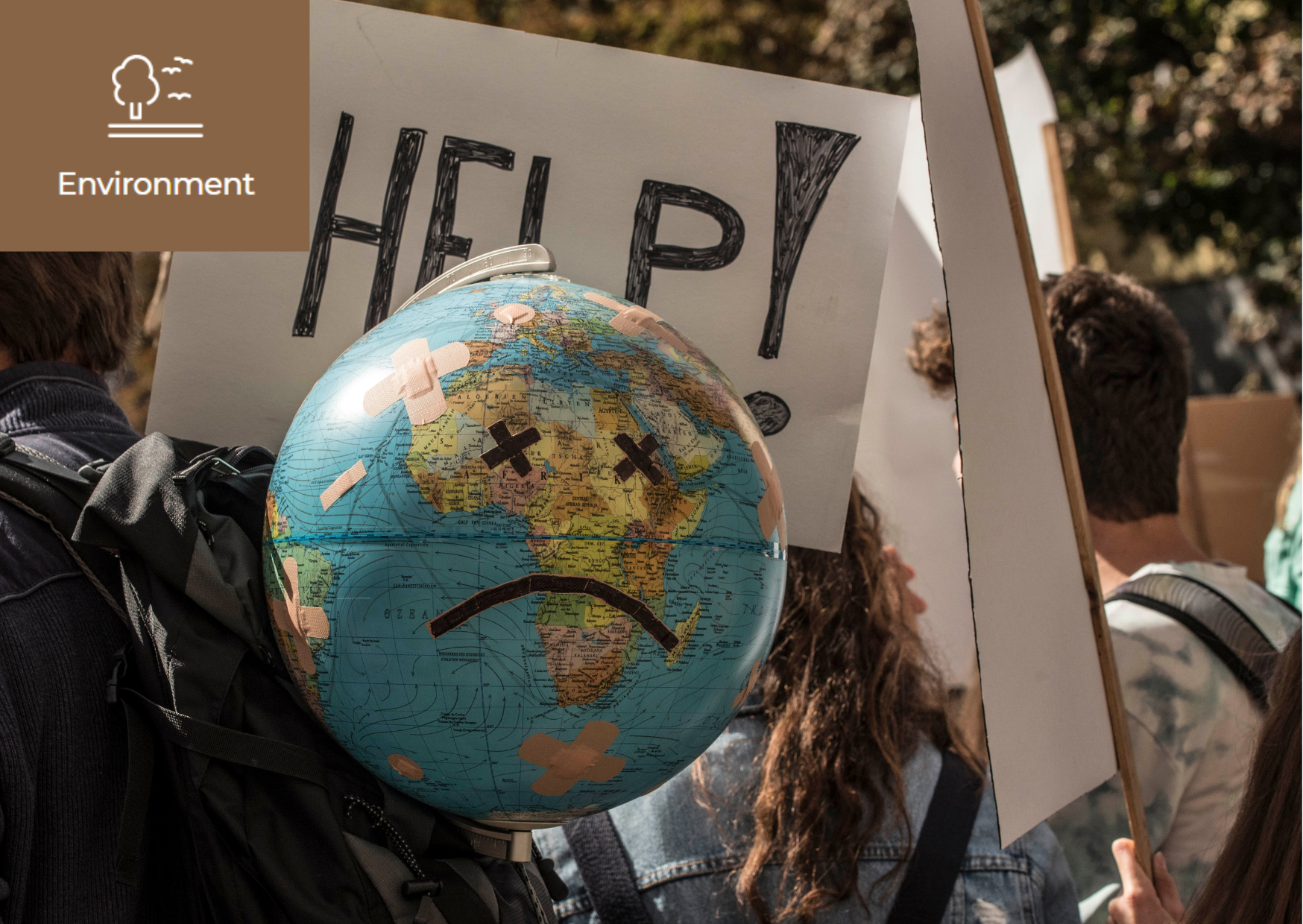 What is Climate Anxiety? 11 November 2024
What is Climate Anxiety? 11 November 2024 What is Sea Level Rise? 28 October 2024
What is Sea Level Rise? 28 October 2024 What is a Food Desert? 14 October 2024
What is a Food Desert? 14 October 2024 What is RE100? 3 October 2024
What is RE100? 3 October 2024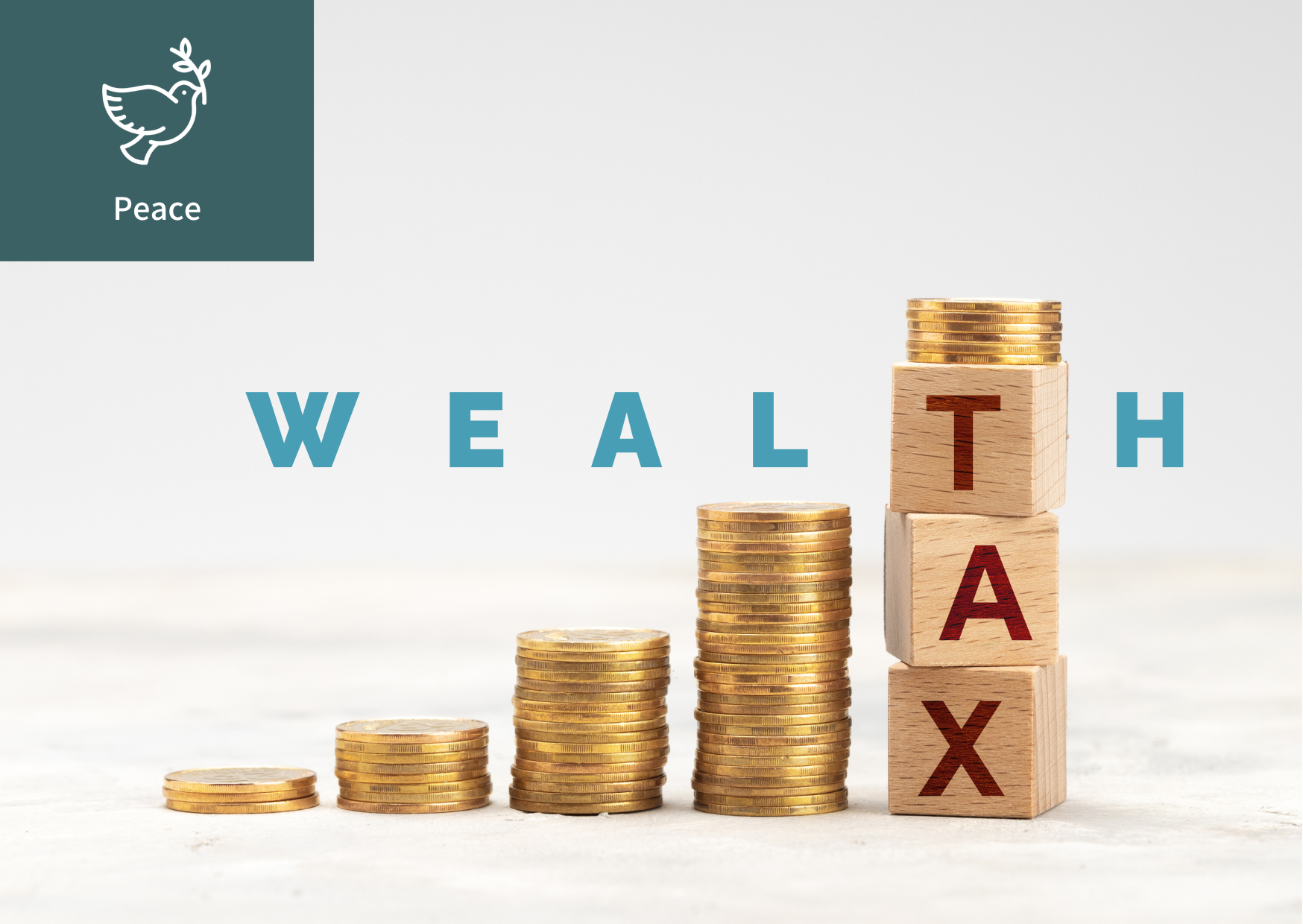 What is the Wealth Tax? 19 September 2024
What is the Wealth Tax? 19 September 2024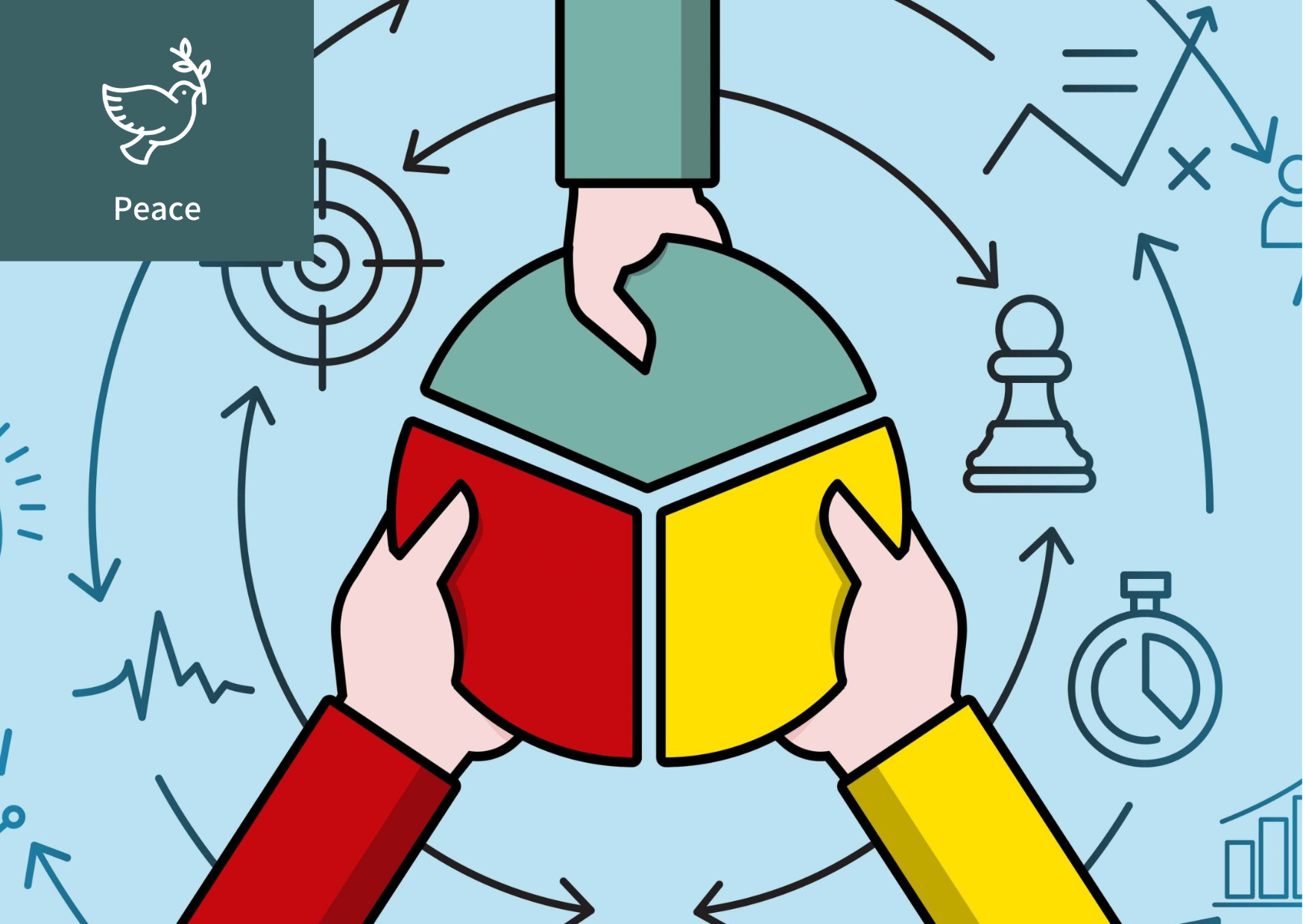 What is Stakeholder Capitalism? 3 September 2024
What is Stakeholder Capitalism? 3 September 2024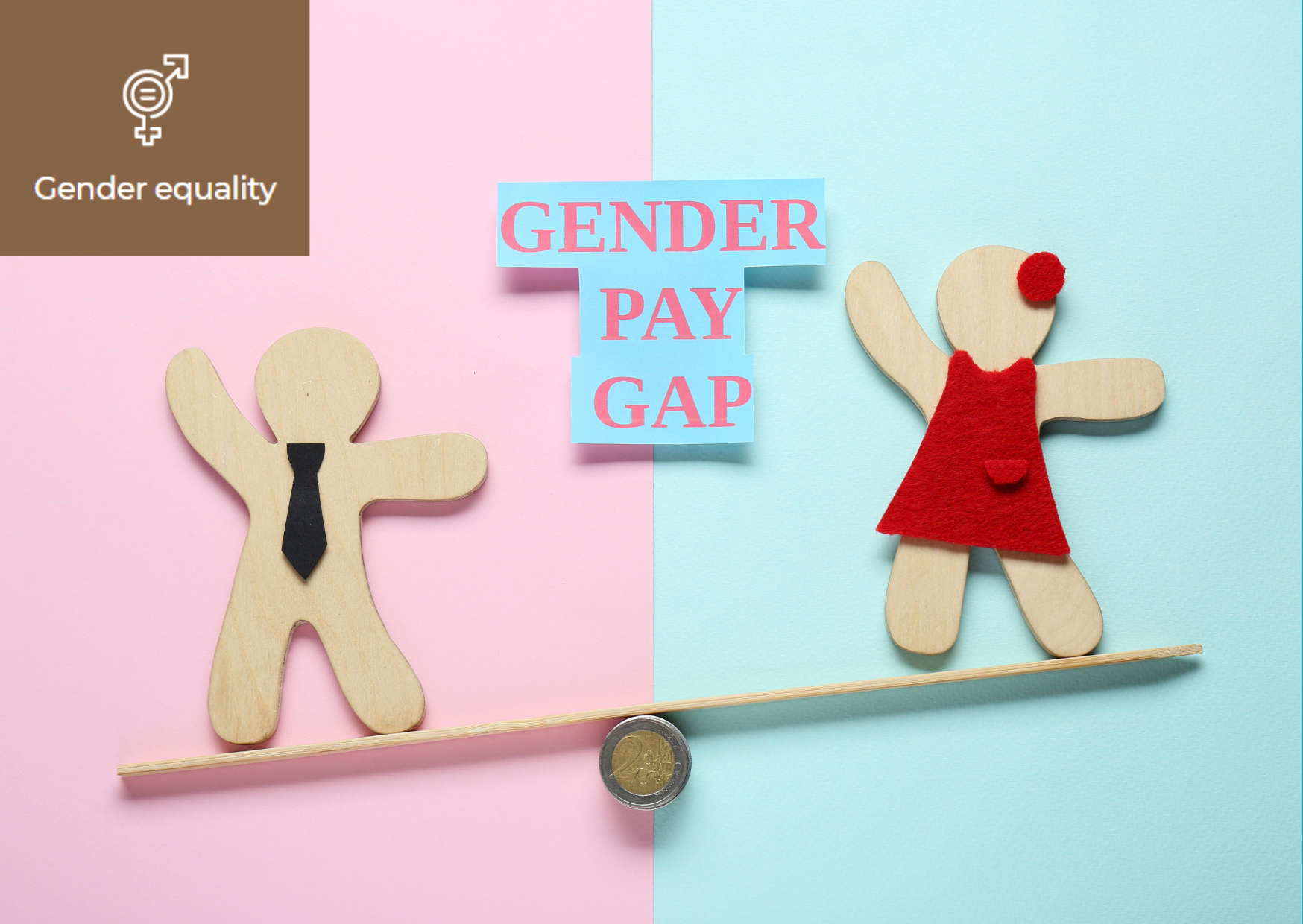 What is the Gender Pay Gap? 21 August 2024
What is the Gender Pay Gap? 21 August 2024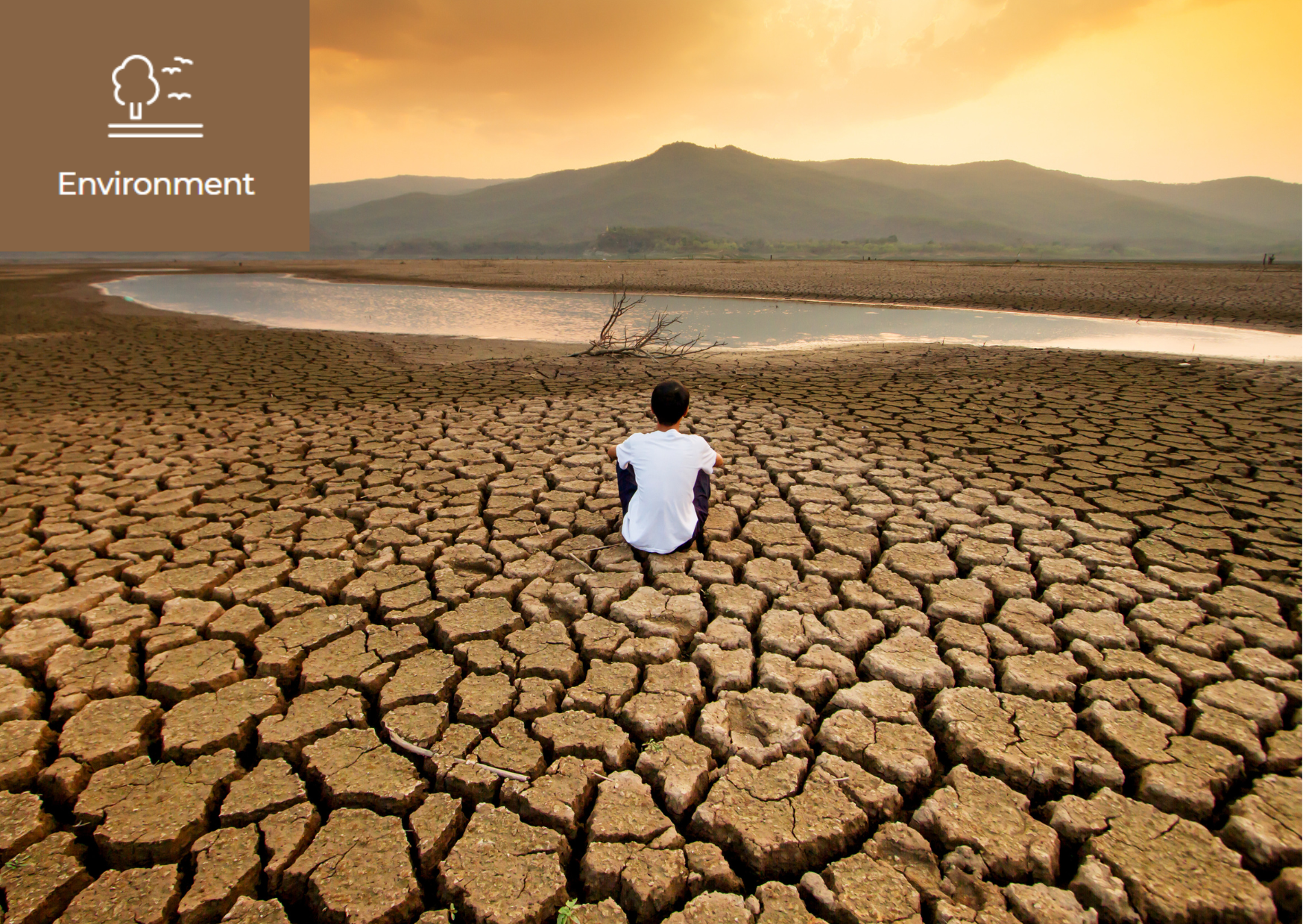 What are Countries Vulnerable to Climate Change? 9 August 2024
What are Countries Vulnerable to Climate Change? 9 August 2024 What is Open Source? 22 July 2024
What is Open Source? 22 July 2024

![[What is Net Zero by 2050?] 이미지](http://sunhakpeaceprize.org/data/bbsData/17507526839.png)